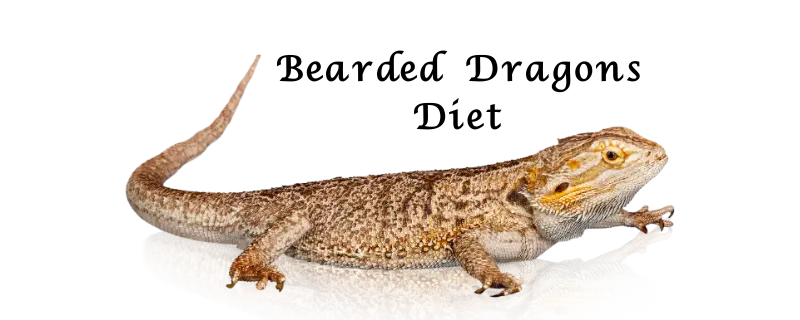Can Bearded Dragons Sense Fear?
Bearded dragons are fascinating reptiles that have become popular as pets due to their friendly demeanor and unique appearance. A common question among pet owners is whether these reptiles can sense fear. While bearded dragons do not experience emotions like humans do, they are capable of picking up on certain cues that might indicate fear or anxiety in their surroundings. In this article, we will explore this intriguing topic and provide detailed insights into how bearded dragons perceive the world around them.
Understanding Bearded Dragons’ Behavior
Do Bearded Dragons Have Emotions?
Bearded dragons do not experience emotions in the same way as mammals or humans. They lack the brain structures responsible for complex feelings like love, fear, or empathy. Instead, their behavior is primarily driven by instincts and survival mechanisms.
However, they can form simple associations and responses to stimuli in their environment. For example, they might recognize their owner as a source of food or safety. This does not equate to emotional bonding but shows their ability to adapt and respond to their surroundings.
How Do Bearded Dragons Perceive Fear?
ensory Perception
Bearded dragons rely on their senses to navigate their environment. They have excellent eyesight, can detect vibrations, and have a keen sense of smell. These abilities help them identify potential threats or changes in their surroundings.
Observing Human Behavior
Bearded dragons may not “sense” fear in a human in the emotional sense, but they can react to visual and auditory cues. For example:
- Rapid movements or sudden gestures might make them feel threatened.
- Loud noises or an anxious tone of voice can cause stress.
- A calm and steady approach can make them feel at ease.
Their reactions to these cues might make it seem like they sense fear, but it is more about their response to environmental stimuli.
Signs That Your Bearded Dragon is Stresse
Behavioral Indicators
- Black Bearding: When a bearded dragon feels stressed or threatened, its beard darkens or turns black as a defensive mechanism.
- Hiding or Burrowing: They may retreat to a safe spot if they feel overwhelmed.
- Glass Surfing: This behavior, where they repeatedly run along the sides of their enclosure, can indicate distress.
How to Keep Your Bearded Dragon Calm
Creating a Safe Environment
- Maintain proper lighting, temperature, and humidity in their habitat.
- Avoid sudden loud noises or movements around them.
Building Trust
- Spend time near your bearded dragon to help them get used to your presence.
- Handle them gently and regularly to build familiarity.
Can Bearded Dragons Sense Other Animals’ Fear?
Some owners report that their bearded dragons seem to react to other pets in the house, such as dogs or cats. While bearded dragons might pick up on the energy or movements of other animals, this is not the same as sensing fear. They are more likely reacting to a perceived predator or unfamiliar presence in their environment.
Conclusion
Bearded dragons do not “sense” fear in the way humans do, but they are highly perceptive creatures. They can respond to environmental cues, body language, and other stimuli that might indicate stress or fear in their surroundings. By understanding your bearded dragon’s needs and behavior, you can create a safe and comfortable environment for them to thrive.
If you have a bearded dragon or are considering getting one, remember that their well-being depends on your ability to provide a calm and nurturing habitat. With proper care and attention, these reptiles can become delightful and interactive companions.
